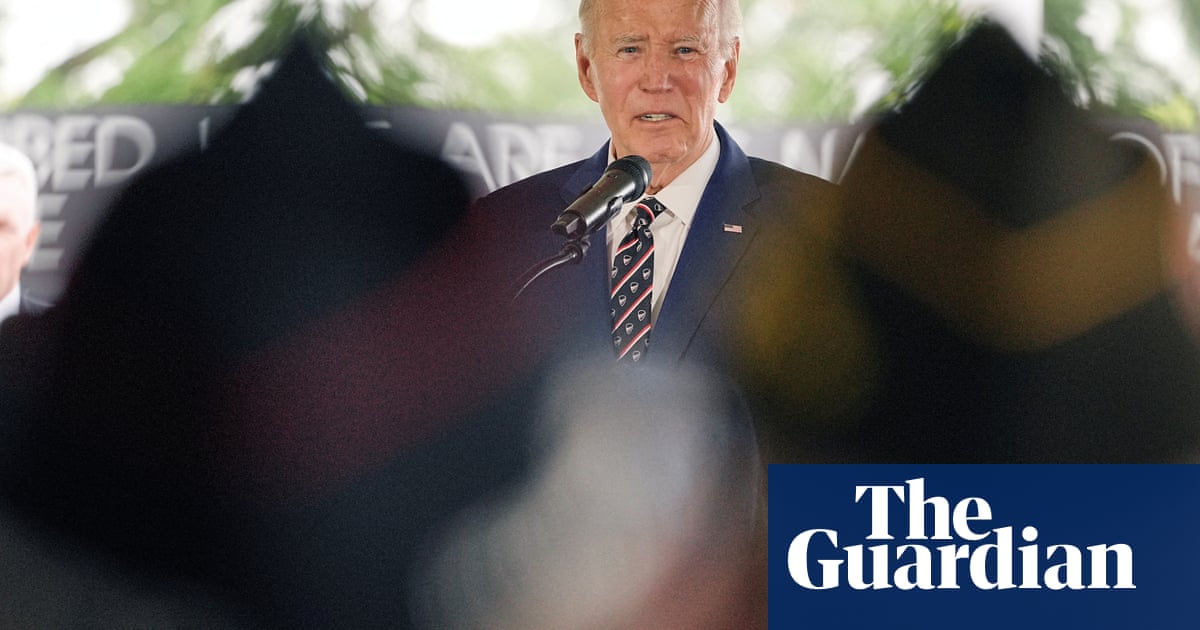The recent announcement regarding President Joe Biden's cancer diagnosis and his call for Americans to defend democracy serves multiple purposes. It is an important moment for the administration, showcasing resilience and continuity in leadership amid personal health challenges. The speech not only addresses Biden's health but also seeks to galvanize public support for democratic values at a time when the political landscape is fraught with division.
Public Sentiment and Perception Management
By expressing optimism about his cancer prognosis, Biden aims to reassure the public about his capacity to lead. This gesture is significant, especially considering the emotional weight of discussing his late son Beau's battle with cancer. The juxtaposition of personal struggle and a broader call to action is likely intended to foster a sense of unity among Americans, urging them to reflect on their own roles in protecting democracy.
Potential Omissions and Hidden Agendas
While Biden refrained from directly mentioning Donald Trump or specific Republican policies, the context of his speech suggests a response to ongoing political tensions. This omission may indicate an effort to avoid exacerbating divisions while still addressing the perceived threats to democratic norms. The focus on sacrifice and duty could be interpreted as a call to the electorate to remain vigilant against anti-democratic forces, subtly framing the narrative around the need for continued vigilance.
Credibility and Manipulative Elements
The article presents factual information about Biden's health and his statements during the speech. However, the emotional framing and the timing of the speech could be seen as strategically manipulative, aimed at reinforcing a particular narrative about the current political climate. This technique of using personal health struggles to rally public support is not uncommon in political discourse, raising questions about the authenticity of the motives behind such announcements.
Comparison with Other News
This event can be contextualized within a larger narrative concerning the challenges facing American democracy. Similar stories in the media often highlight the precarious nature of democratic institutions and the need for civic engagement. This narrative thread suggests a concerted effort among various news outlets to maintain focus on democracy as a central theme in public discourse.
Impact on Societal and Economic Dynamics
Biden's address may influence public sentiment, potentially mobilizing constituents who value democratic integrity. Economically, if this rallying of public support translates into increased voter engagement, it could have ramifications for upcoming elections and policy decisions. The administration’s focus on democracy could also impact investor confidence, especially in sectors sensitive to political stability.
Supportive Demographics
The speech is likely to resonate more with Democrats and progressives who are concerned about the state of democracy in the U.S. These groups may view Biden’s health battle and his subsequent call to action as a rallying point for their values and priorities.
Market Reactions
While the immediate impact on stock markets may be limited, the underlying themes of stability and leadership could influence sectors associated with government spending and public services. Investors may pay closer attention to companies tied to healthcare, given the context of Biden's cancer diagnosis and broader discussions about health policies.
Global Implications
From a geopolitical standpoint, the U.S. commitment to democracy can influence international relations, particularly with nations facing similar challenges to their democratic institutions. The emphasis on defending democracy may also resonate in global discussions regarding governance and civil rights.
AI Influence in Reporting
It's conceivable that AI tools were utilized in crafting this news piece, particularly in organizing and presenting the information clearly. The style of reporting, focusing on emotional appeals and key political themes, could reflect algorithmic trends in news dissemination aimed at maximizing engagement.
In conclusion, while the article presents a genuine health update and a call to action, the broader implications and the context in which it was delivered suggest a dual purpose: to reassure the public and to encourage active participation in defending democratic values. The overall credibility of the report appears solid, yet elements of emotional manipulation and strategic framing cannot be overlooked.
